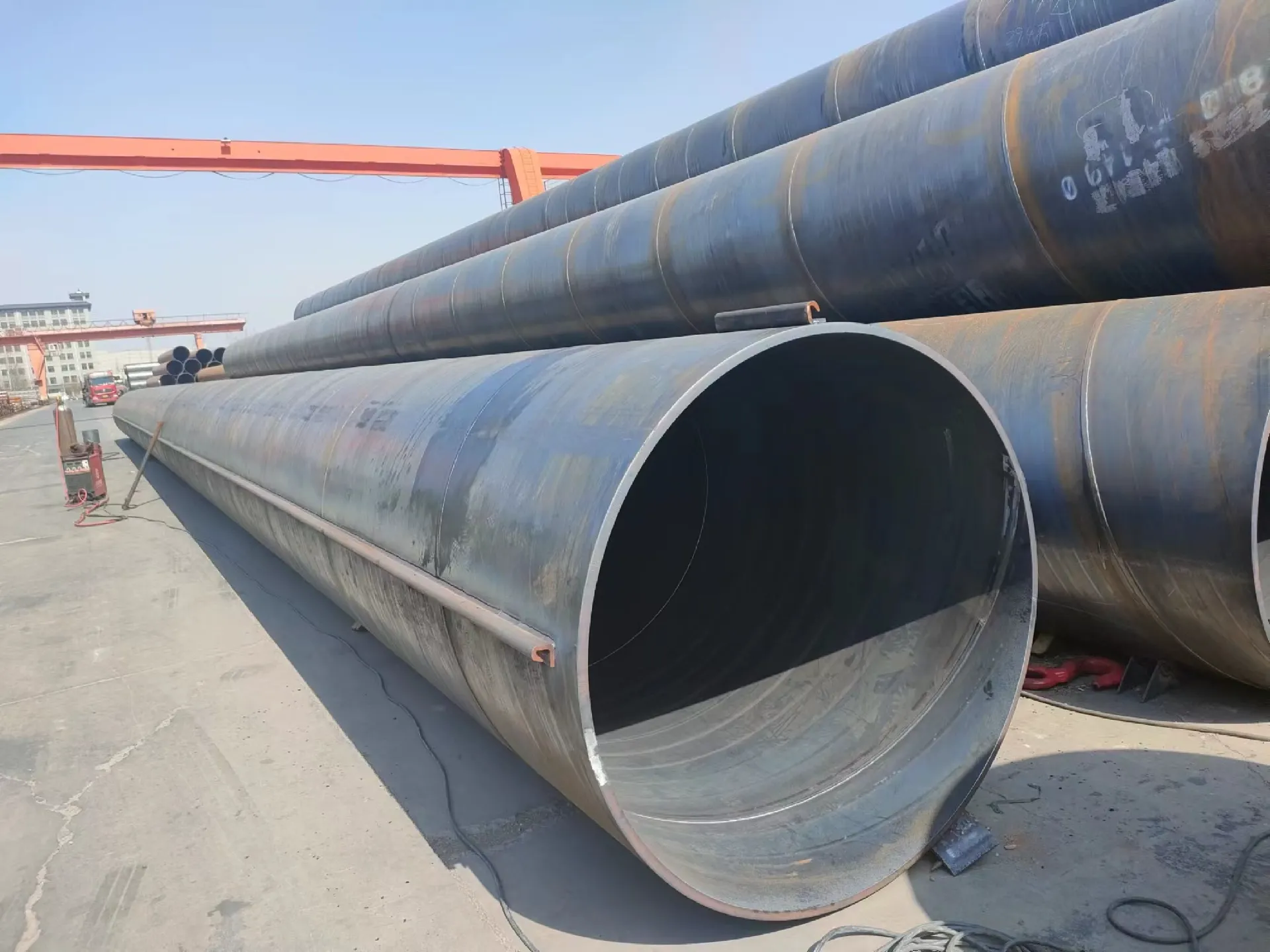-
Cangzhou Yulong Steel Co., Ltd.
-
Phone:
+86 13303177267 -
Email:
admin@ylsteelfittings.com
- English
- Arabic
- Italian
- Spanish
- Portuguese
- German
- kazakh
- Persian
- Greek
- French
- Russian
- Polish
- Thai
- Indonesian
- Vietnamese
- Zulu
- Korean
- Uzbek
- Hindi
- Serbian
- Malay
- Ukrainian
- Gujarati
- Haitian Creole
- hausa
- hawaiian
- Hebrew
- Miao
- Hungarian
- Icelandic
- igbo
- irish
- Japanese
- Javanese
- Kannada
- Khmer
- Rwandese
- Afrikaans
- Albanian
- Amharic
- Armenian
- Azerbaijani
- Basque
- Belarusian
- Bengali
- Bosnian
- Bulgarian
- Catalan
- Cebuano
- China
- China (Taiwan)
- Corsican
- Croatian
- Czech
- Danish
- Esperanto
- Estonian
- Finnish
- Frisian
- Galician
- Georgian
- Kurdish
- Kyrgyz
- Lao
- Latin
- Latvian
- Lithuanian
- Luxembourgish
- Macedonian
- Malgashi
- Malayalam
- Maltese
- Maori
- Marathi
- Mongolian
- Myanmar
- Nepali
- Norwegian
- Norwegian
- Occitan
- Pashto
- Dutch
- Punjabi
- Romanian
- Samoan
- Scottish Gaelic
- Sesotho
- Shona
- Sindhi
- Sinhala
- Slovak
- Slovenian
- Somali
- Sundanese
- Swahili
- Swedish
- Tagalog
- Tajik
- Tamil
- Tatar
- Telugu
- Turkish
- Turkmen
- Urdu
- Uighur
- Welsh
- Bantu
- Yiddish
- Yoruba

Dec . 05, 2024 11:47 Back to list
api spec 5l specification for line pipe
API Specification 5L for Line Pipe An Overview
The American Petroleum Institute (API) Specification 5L is a crucial standard that governs the manufacturing and testing of line pipes used in the transportation of oil and gas. As a fundamental component in the energy sector, line pipes play a vital role in the safe and efficient movement of hydrocarbons from production sites to processing facilities, storage tanks, and end-users. This article delves into the key aspects of API Specification 5L, its significance, and its implications for the industry.
History and Development
API Specification 5L was first introduced in the early 20th century, evolving in response to the growing needs of the oil and gas industry. As the demand for safer and more reliable transportation methods increased, so did the necessity for standardized testing and quality assurance measures. The specification has undergone numerous revisions to reflect technological advancements, material improvements, and lessons learned from past failures.
Scope and Coverage
API 5L outlines the technical requirements for the manufacturing and testing of seamless and welded steel pipes intended for use in pipeline systems. These pipes are specifically designed to transport gas, water, and oil in the upstream and midstream segments of the industry. The standard covers various grades of steel, with each grade defined by its yield strength, chemical composition, and mechanical properties. The most commonly used grades include X42, X52, X60, X65, and X70, with higher grades offering greater strength to withstand higher pressures and harsher environments.
Key Requirements
One of the primary functions of API 5L is to ensure that line pipes meet rigorous quality and safety standards. The specification includes detailed guidelines on
1. Materials Pipes must be manufactured from specific types of steel meeting predetermined chemical and mechanical property requirements. These materials are engineered to be resistant to corrosion and other environmental factors.
api spec 5l specification for line pipe

2. Manufacturing Processes The specification defines acceptable manufacturing methods, including the types of welding processes that can be employed for welded pipes. All pipes must undergo strict quality control measures during production.
3. Testing Procedures API 5L outlines various testing protocols to verify the strength and integrity of the pipes. These tests include non-destructive tests (such as ultrasonic and magnetic particle inspections), as well as destructive tests (such as tensile and impact tests). The results must meet the stipulated criteria to ensure safety and functionality.
4. Marking and Documentation Proper identification and traceability of line pipes are critical for maintenance and quality assurance. API 5L mandates specific marking requirements, detailing aspects like the manufacturer’s identification, pipe specification, and grade.
Importance in the Industry
The adoption of API Specification 5L has a significant impact on the oil and gas industry. By establishing a uniform standard, it promotes safety, reliability, and interoperability among pipelines and components produced by different manufacturers. This harmonization is especially beneficial in global projects, where pipes manufactured in various countries must connect seamlessly.
Furthermore, API 5L contributes to environmental protection and sustainability goals. By ensuring that pipelines are built to withstand harsh operating conditions and prevent leaks, the specification plays a critical role in minimizing the environmental risks associated with oil and gas transportation.
Conclusion
API Specification 5L is an essential standard that ensures the quality, safety, and reliability of line pipes used in the oil and gas industry. Its comprehensive guidelines cover everything from material selection to testing procedures, making it a cornerstone of pipeline infrastructure. As the industry continues to evolve, API 5L will undoubtedly adapt to meet new challenges, maintaining its status as a vital framework for ensuring the effective and safe transportation of hydrocarbons.
Latest news
-
ANSI 150P SS304 SO FLANGE
NewsFeb.14,2025
-
ASTM A333GR6 STEEL PIPE
NewsJan.20,2025
-
ANSI B16.5 WELDING NECK FLANGE
NewsJan.15,2026
-
ANSI B16.5 SLIP-ON FLANGE
NewsApr.19,2024
-
SABS 1123 FLANGE
NewsJan.15,2025
-
DIN86044 PLATE FLANGE
NewsApr.19,2024
-
DIN2527 BLIND FLANGE
NewsApr.12,2024
-
JIS B2311 Butt-Welding Fittings LR/SR 45°/90° /180°Seamless/Weld
NewsApr.23,2024











